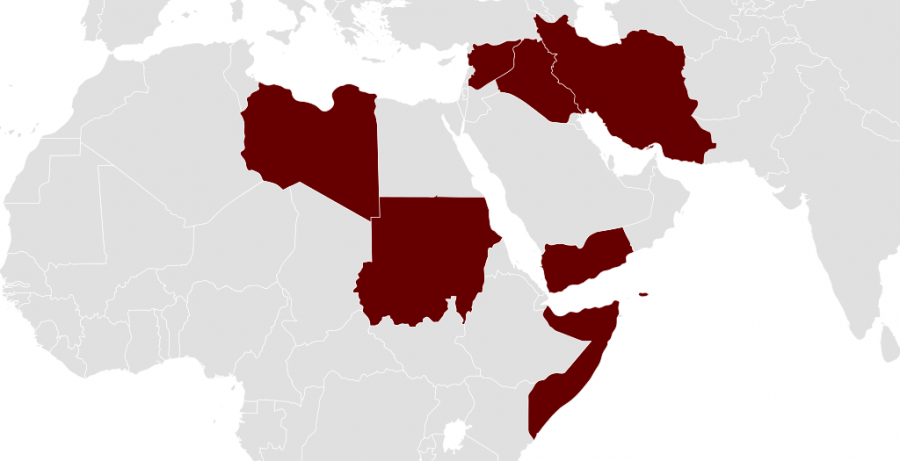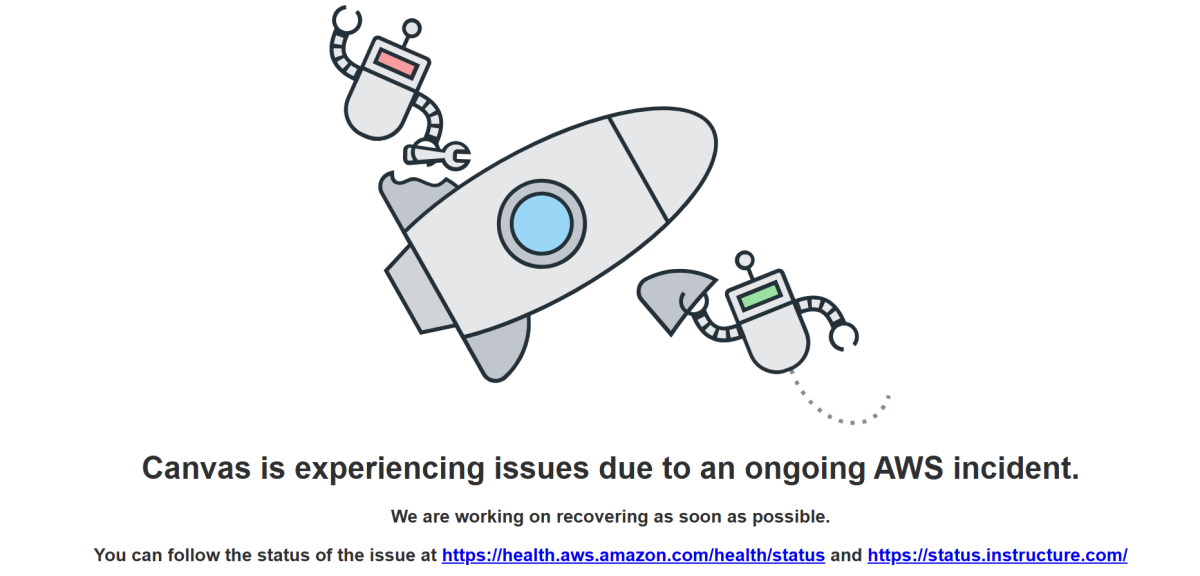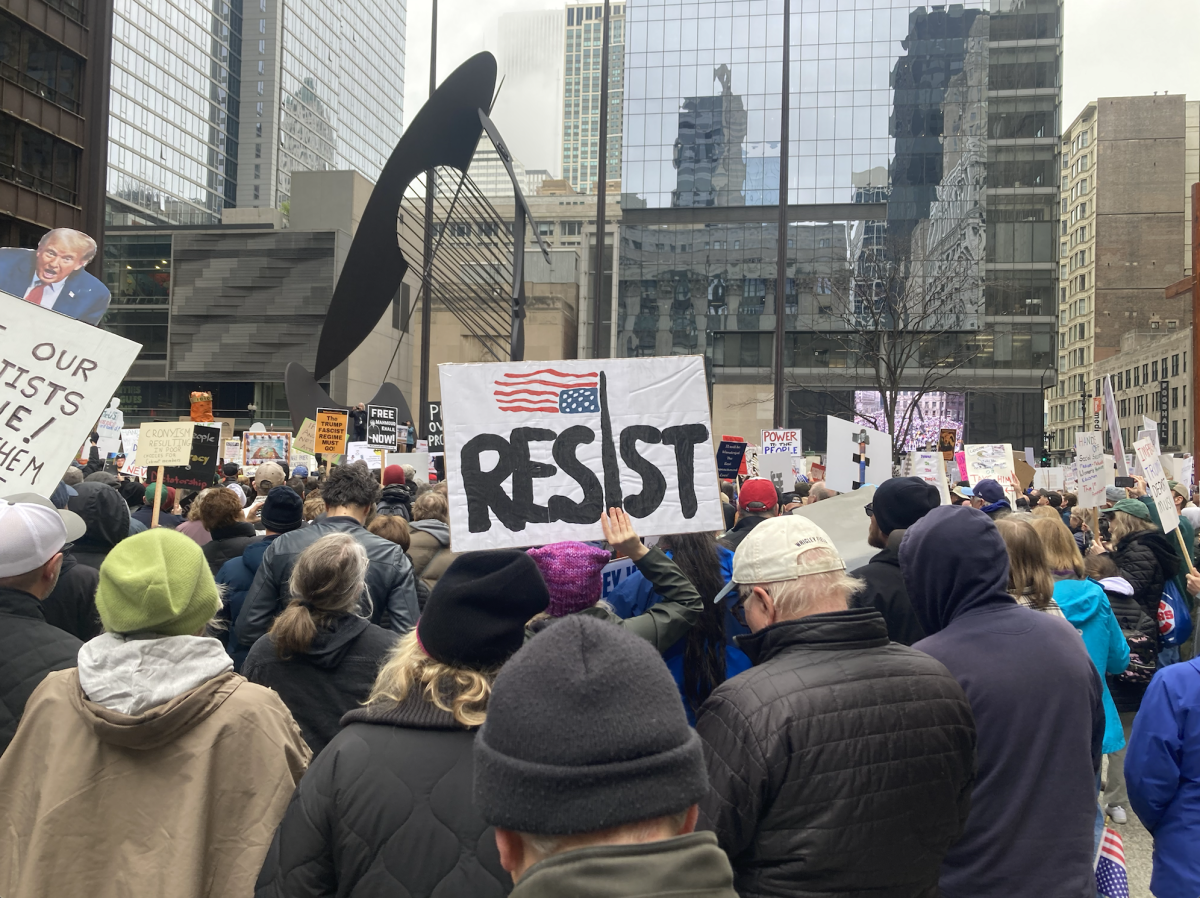Introduced Sept. 24, the third and latest version of Trump’s travel ban is set to take effect Oct. 18. The changes made to the list of countries banned from entry into the US include the removal of Sudan and the addition of Chad, North Korea, and Venezuela. The countries that have been kept on the list are Iran, Libya, Syria, Yemen, and Somalia. From Chad, entry into the United States as immigrants and visitors on some business and tourist visas is suspended. Chad’s government was taken by surprise by the addition because Chad has been a longtime ally of the U.S. in helping to fight Islamist militants; Chadian troops even took part in a French-led effort to root out terrorists in Mali. Perhaps due to these anti-terrorist efforts, information from an investigation released last year by the US Department of State’s Bureau of Counterterrorism showed that few Chadians had joined terrorist groups in 2016. Their addition to the travel ban could possibly cause many conflicts between Chad and US, like putting oil exploration plans by companies like Exxon Mobil at stake.
Venezuela’s Ministers of Foreign Affairs claimed that putting them on the travel ban was an “irrational decision” and that the U.S. is trying to “stigmatize [Venezuela] using the pretext of the fight against terrorism,” even though only the entry of certain Venezuelan government officials and immediate family members is suspended. However, many Venezuelan emigres who fled the country since the rise of Hugo Chavez’ left wing socialist party in 1999 are thrilled by the new restrictions on Chavez’ successor, Nicolás Maduro, and his party. This part of the ban is supported by many emigres, although some are upset by the inclusion of relatives.
Unsurprisingly, In North Korea all travel will be restricted, for both immigrants and nonimmigrants.
Trump’s first travel ban was blocked by judges because it seemed to discriminate against Muslims. The same groups making those accusations, like the American Civil Liberties Union and the International Refugee Assistance Program, claim that the new ban is still a Muslim ban, even though North Koreans and Venezuelan officials have been added to the list. Executive director of the ACLU, Anthony D. Romero, said that “president Trump’s original sin of targeting Muslims cannot be cured by throwing other countries onto his enemies list.” The director of a national legal Muslim advocacy program, Jonathan Smith, agrees with this argument that “the administration is once again making cosmetic adjustments to the Muslim ban in hopes that it will pass the barest possible definition of anything else,” implying that Trump is adding new, non-Muslim countries to the list so that it doesn’t seem to be a Muslim ban.
Hawaii is also fighting the latest ban. “Hawaii fought the first and second travel bans because they were illegal and unconstitutional efforts to implement the president’s Muslim ban,” Hawaii Attorney General Doug Chin said in a statement. “Unfortunately, the third travel ban is more of the same.” Led by New York, the District of Columbia has joined Hawaii in actively fighting against the travel ban, along with California, Connecticut, Delaware, Illinois, Iowa, Maine, Maryland, Massachusetts, New Mexico, Oregon, Rhode Island, Vermont, Virginia, and Washington. Final court papers in the challenge are due by Oct. 11, and the Supreme Court has until Oct. 14 to respond.
Update 10/21/17: Just hours before it was to take effect, a federal judge in Hawaii blocked the travel ban for the third time.









